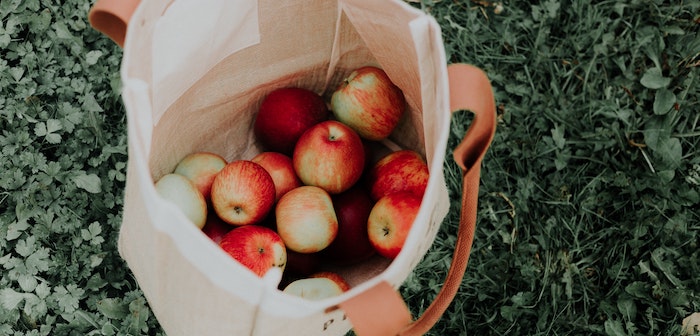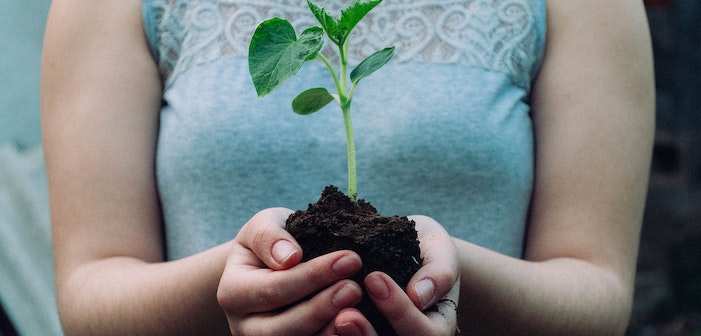With recent travel restrictions, almost everyone is staying at home this summer which means it’s the perfect time to implement more sustainable measures in your home.
What is sustainability and why is it important?
Our survival, both directly and indirectly, depends on our natural environment, the Earth. Sustainability refers to the formation and preservation of an environment in which humans and nature coexist to support present and future generations. The United Nations’ Brundtland Report also defines the term as “meeting the needs of the present without compromising the ability of future generations to meet their own needs”.
The term ‘sustainability’ has become very popular in conjunction with an increased awareness of climate change. These days, many companies aim to gain advantages in the global market by practicing and promoting sustainability, and it has become alarmingly clear that sustainability is something we must achieve to preserve our quality of life. Thankfully, this increased interest has improved our way of living and our perception of previously popular actions. For example, plastic packaging is now frowned upon, and resource wastage is condemned.
We live in a world with infinite possibilities, however, we have finite resources. If we don’t make a change, eventually we will run out of resources such as fossil fuels and damage our climate beyond repair. Past and present human actions have hurt our environment and if nothing is done to repair it, there will be no home for our future generations.

Protester spreading awareness of climate change and promoting sustainability
What can you do to become more sustainable at home?
Food and Drink
According to Forbes, humans purchase an average of 1,000,000 plastic bottles per minute. By 2050, it is estimated that the ocean will contain more plastic by weight than fish. This creates plastic ingestion risks to sea animals and humans who consume seafood. You can help by installing a water filter at home in order to have a continuous supply. Furthermore, you can purchase water bottles and use reusable cups as an alternative. Additionally, avoid using plastic straws, opt for metal or paper straws instead.
When it comes to food it is very easy to take it for granted. Take only what you can eat to prevent wastage and keep your leftovers in the fridge. To store food, purchase reusable containers (i.e. aluminum) or reuse plastic containers. You can find containers at a local store or purchase them online. This reusable container on Taobao, is not only foldable but also microwavable! Additionally, you can choose to grow your own food at home, if you live in a compound you could try starting a community garden. It will improve your health and make you feel more connected to nature.
Shopping
Try visiting a local farmers market, as the fresh produce sold there are typically organic and non-GMO. Additionally, stores also tend to provide plastic bags, but try to bring your own reusable bag instead. Not only are reusable shopping bags more durable, but they are also easier to use for multiple purposes.
You should also become more cautious when purchasing certain goods. The products you buy and use either contribute or detract from a sustainable lifestyle. For example, when purchasing clothing think about the material and durability of it. Consider the conditions a product was made under if the company uses unethical forms of labor such as child labor you probably don’t want to be giving them your money.
In Beijing, the Bulk House is an online store that has committed sustainability through measures such as zero waste. Simply search their name on Taobao or Weidian to check out their products.

A reusable shopping bag
Home Electrical Appliances
During the day, optimize a natural light source rather than wasting electricity. You can use lighting from the sun to complete various daily tasks such as line drying your clothes rather than using a dryer machine.
Use energy-saving lightbulbs such as LED lighting, they are far more efficient and durable. When a small amount of light is needed avoid using the main light and opt for a lamp light instead. You can also purchase a central power strip to plug your devices into. This allows you to save electricity by switching them on only when needed.
Awareness
Spread awareness about sustainability to friends or family and remind them to be conscious of their actions. Teach them about simple rules such as reduce, reuse, and recycle.
The bottom line is that together we must strive to achieve sustainability in our homes, our ecosystem, and our world to maintain our current lifestyle. To learn more about sustainability, start by taking a look at your carbon footprint, and research the Sustainable Development Goals.
KEEP READING: How to Use Beijing’s First Zero-Waste Online Stores
Images: Nikola Jovanovic, Markus Spiske & Priscilla Du Preez (via Unsplash)




